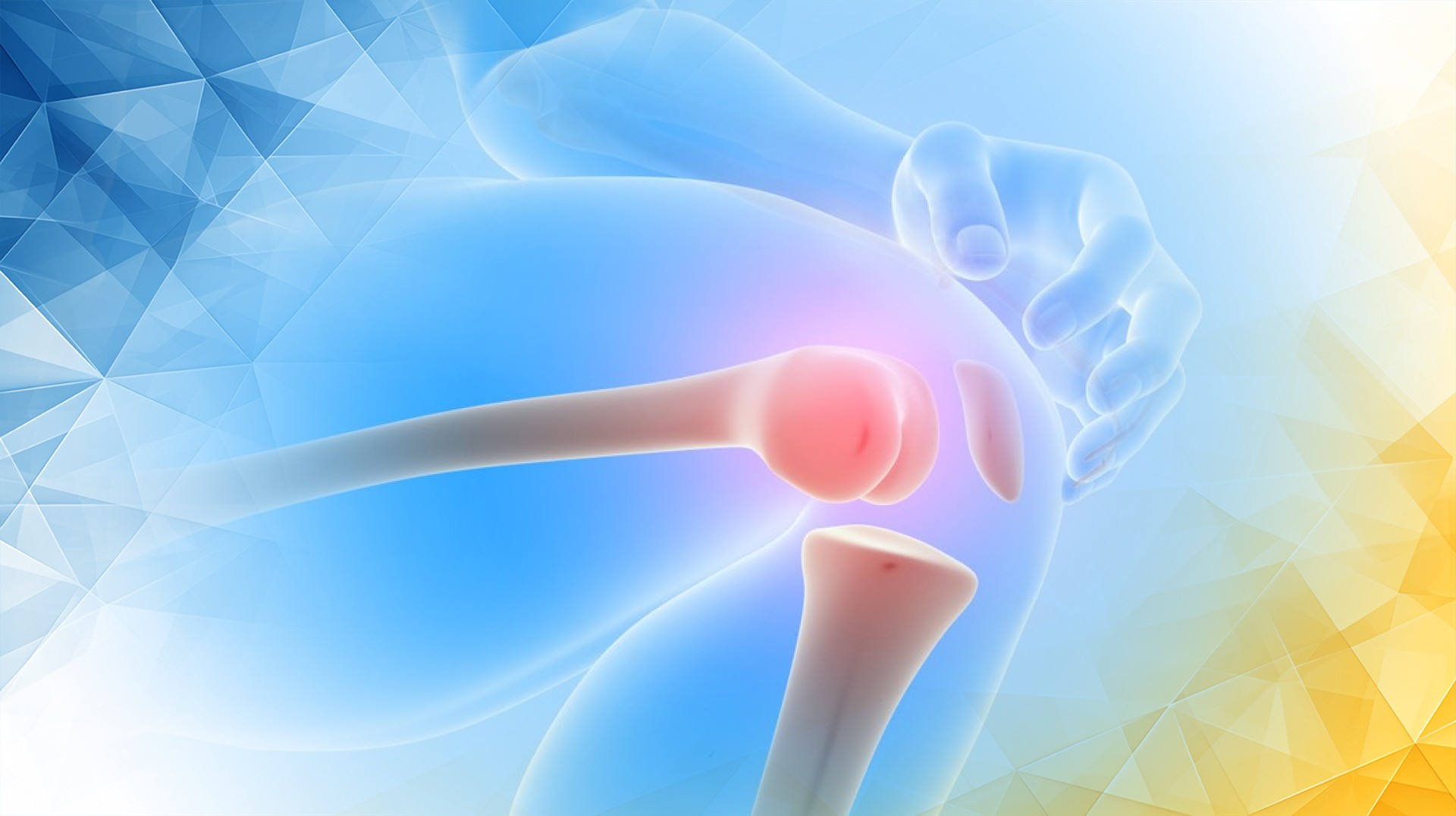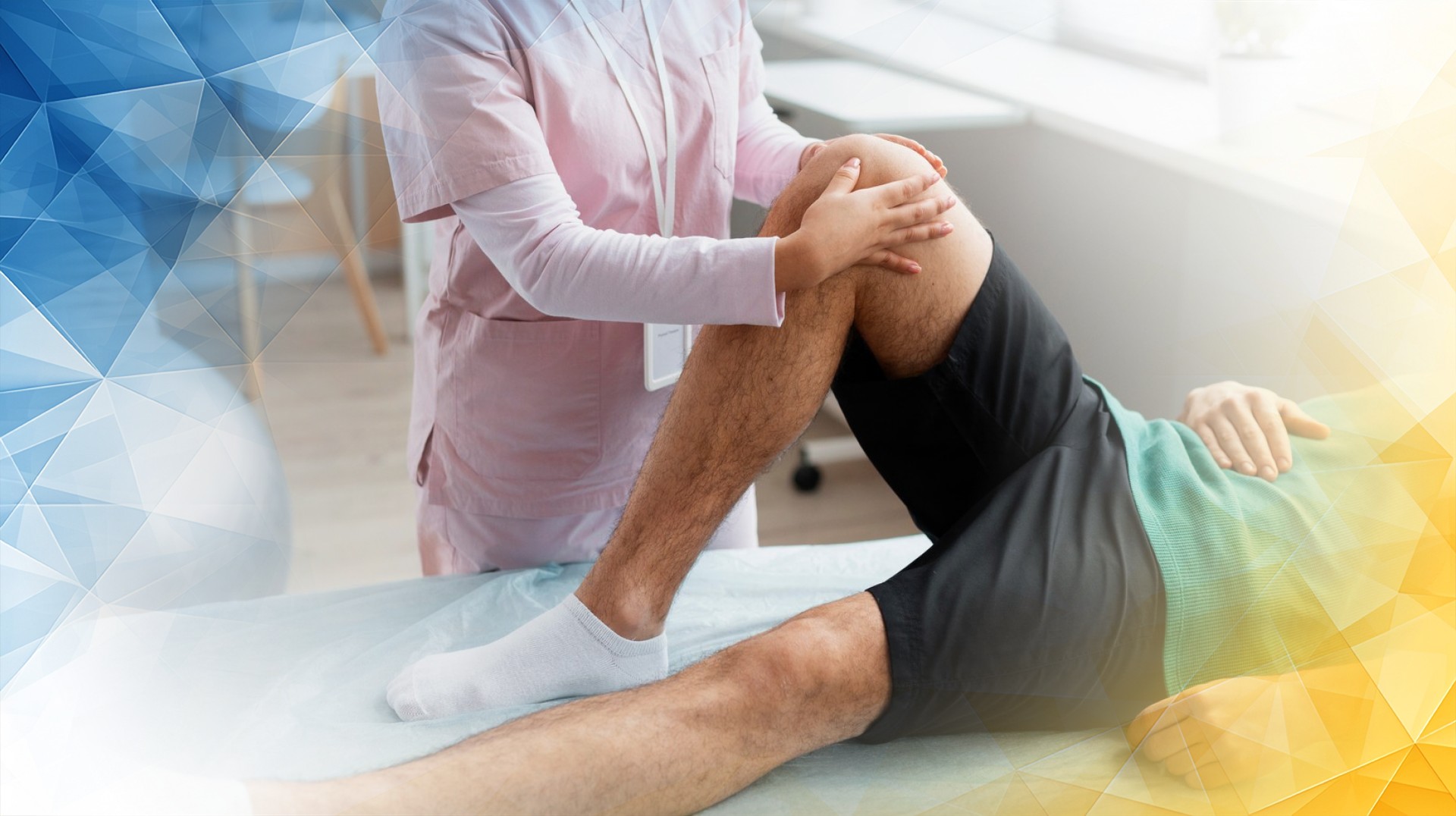



Knee injuries are a frequent challenge for athletes and active people, and two of the most common culprits are patellar tendinitis and anterior cruciate ligament (ACL) tears. Understanding how these injuries are connected can be a game-changer—both for preventing problems before they start and for making recovery smoother and more effective. In this article, we’ll dive into the biomechanical link between patellar tendinitis and ACL tears, explore what it means for those at risk, and offer practical tips to help you keep your knees healthy .
Let’s start with the basics. Patellar tendinitis —often called “jumper’s knee”—is an overuse injury that leads to inflammation and small tears in the patellar tendon. This tendon connects your kneecap ( patella ) to your shinbone (tibia) and plays a crucial role in helping you straighten your leg. The ACL, on the other hand, is a strong ligament deep within the knee joint that keeps your shinbone from sliding too far forward or twisting too much in relation to the thighbone (femur).
Both structures are hard at work every time you run, jump, or change direction quickly. When the patellar tendon becomes inflamed or irritated, it can disrupt your knee’s movement and ability to handle physical forces. As a result, your body may unconsciously change how you move to avoid pain, sometimes putting extra strain on the ACL. These compensations can set the stage for further injury .
High-impact activities like jumping and landing place significant stress on the patellar tendon, which can lead to microtears and degeneration if the issue isn’t addressed. Over time, these changes may alter how your knee functions and your overall performance.
Research has revealed a clear connection: patellar tendinitis can increase the risk of tearing your ACL. When you’re dealing with patellar tendon pain or inflammation, you may instinctively shift your weight or change your knee bend to avoid discomfort. Unfortunately, these adjustments often transfer more force to the ACL, especially during high-impact actions like pivoting or landing from a jump.
If patellar tendinitis persists, it can compromise your knee’s shock-absorbing abilities and overall stability. This increases vulnerability to an ACL tear—potentially turning a manageable overuse injury into a more serious setback. These injuries, then, aren’t isolated issues; they’re interconnected by the way they influence knee mechanics and movement. Spotting and addressing patellar tendinitis early can be a valuable warning sign and a chance to prevent further injury .
Recognizing the link between these injuries has meaningful benefits for prevention and rehabilitation. If you catch patellar tendinitis early and start focused physiotherapy—including exercises to rebuild strength and improve flexibility—you can restore healthy knee function and reduce stress on the ACL. Conservative treatments such as medication, eccentric strength exercises , patellar taping, and shockwave therapy have been found to help relieve pain and encourage tendon healing, making early intervention particularly effective.
Adjusting your training to focus on proper technique and muscle coordination can also help protect both the patellar tendon and the ACL. Prevention programs that target both issues have shown promising results, lowering the rate of knee injuries in athletes.
When it comes to recovery, addressing the knee as a whole—rather than focusing only on the injured part—supports a more complete and lasting return to sport or activity. This holistic strategy is the key to long- term knee health and avoiding setbacks down the road.
Recognizing the biomechanical connection between patellar tendinitis and ACL tears provides valuable insight for anyone involved in sports or regular physical activity. Patellar tendinitis can act as an early warning sign of changes in knee mechanics that may elevate ACL injury risk. By acting quickly and taking a comprehensive approach to prevention and rehabilitation, athletes and active individuals can safeguard their knees and perform at their best. Continuous research and collaboration in the medical community will further enhance our ability to protect and treat these common knee injuries .
el-Khoury, G. Y., Wira, R. L., Berbaum, K. S., Pope, T., & Monu, J. U. V. (1992). MR imaging of patellar tendinitis. Radiology, 184(3), 849-854. https://doi.org/10.1148/radiology.184.3.1509078
Popp, J. E., Yu, J. S., & Kaeding, C. C. (1997). Recalcitrant patellar tendinitis. The American Journal of Sports Medicine, 25(2), 218-222. https://doi.org/10.1177/036354659702500214
Wang, J. (2024). Treatment and rehabilitation of patellar tendinitis. Theoretical and Natural Science, 70(1), 104-109.
London Cartilage Clinic stands out due to its specialist expertise in knee injuries, advanced treatment options, and a patient-centred approach. Led by Prof Lee, a renowned expert in sports knee injuries, the clinic delivers effective care tailored to each patient’s needs, promoting faster recovery and long-term joint health.
Prof Lee has extensive experience in managing complex knee conditions, combining evidence-based treatments with the latest medical innovations. His expertise ensures patients get personalised care, early intervention, and a holistic recovery plan, which greatly reduces the risk of complications and supports full return to sport or activity.
Yes, early intervention at London Cartilage Clinic for patellar tendinitis can help prevent ACL tears. By closely monitoring knee mechanics and implementing targeted rehabilitation strategies, Prof Lee and his team can correct biomechanical issues before they escalate, providing safer outcomes for athletes and active individuals.
London Cartilage Clinic offers a comprehensive range of treatments for patellar tendinitis, including physiotherapy, medications, eccentric strengthening, patellar taping, and advanced shockwave therapy. Each plan is carefully personalised by Prof Lee, ensuring optimal pain relief, tendon healing, and prevention of future knee injuries.
The clinic emphasises holistic treatment—addressing not just immediate injuries but overall knee function. Prof Lee designs prevention programmes that improve movement patterns and muscle coordination, reducing injury risk. This proactive approach enables athletes to maintain peak performance, avoid recurring injuries, and protect knee health over the long term.
All our treatments are selected to help patients achieve the best possible outcomes and return to the quality of life they deserve. Get in touch if you have any questions.
At London Cartilage Clinic, we are constantly staying up-to-date on the latest treatment options for knee injuries and ongoing knee health issues. As a result, our patients have access to the best equipment, techniques, and expertise in the field, whether it’s for cartilage repair, regeneration, or replacement.
For the best in patient care and cartilage knowledge, contact London Cartilage Clinic today.
At London Cartilage Clinic, our team has spent years gaining an in-depth understanding of human biology and the skills necessary to provide a wide range of cartilage treatments. It’s our mission to administer comprehensive care through innovative solutions targeted at key areas, including cartilage injuries. During an initial consultation, one of our medical professionals will establish which path forward is best for you.
Contact us if you have any questions about the various treatment methods on offer.
Legal & Medical Disclaimer
This article is written by an independent contributor and reflects their own views and experience, not necessarily those of londoncartilage.com. It is provided for general information and education only and does not constitute medical advice, diagnosis, or treatment.
Always seek personalised advice from a qualified healthcare professional before making decisions about your health. londoncartilage.com accepts no responsibility for errors, omissions, third-party content, or any loss, damage, or injury arising from reliance on this material. If you believe this article contains inaccurate or infringing content, please contact us at [email protected].